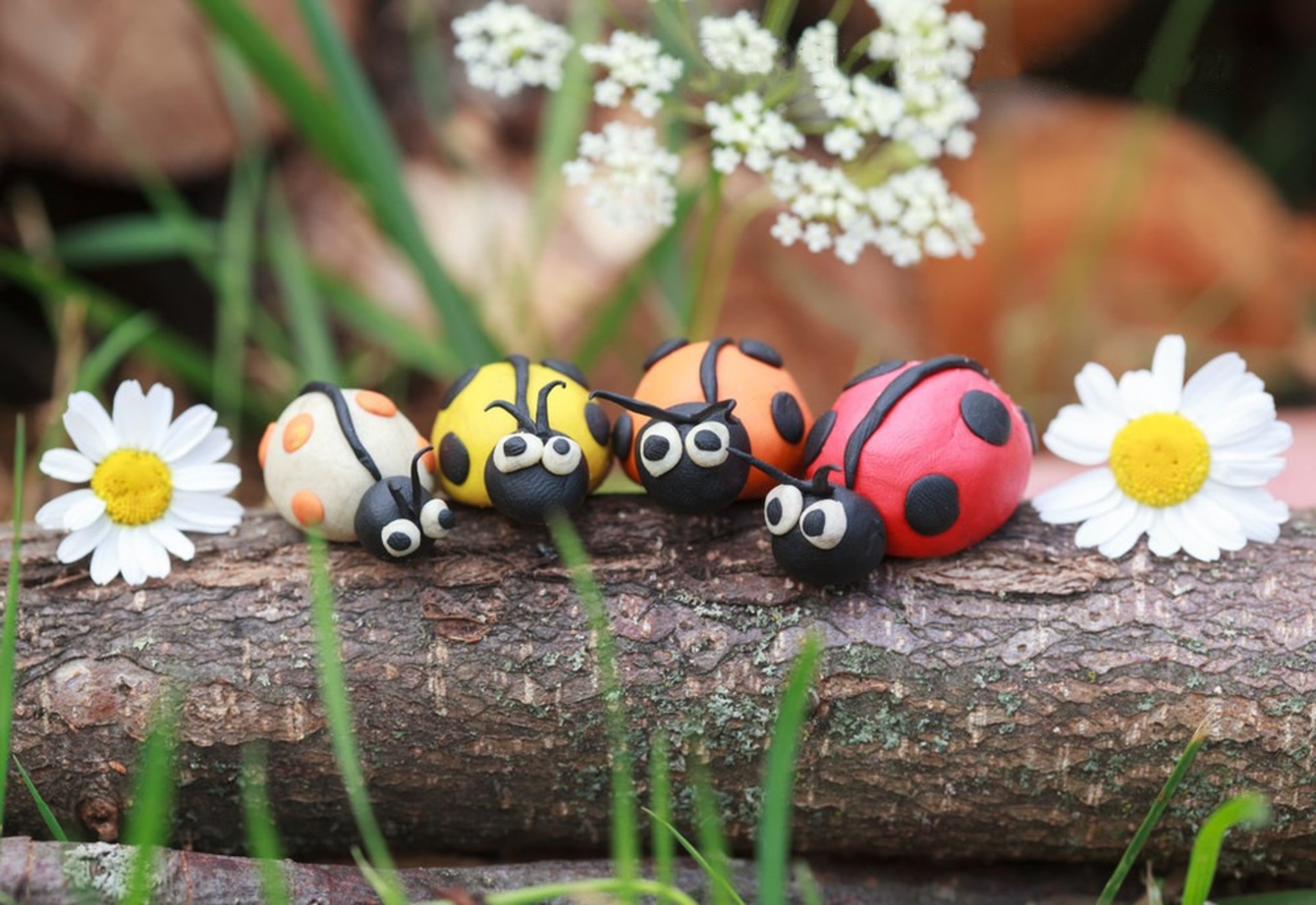How to Grow Roses
I hope this information can bring helpful for all planters on some tips and best practices for growing roses based on my personal gardening experience from different sides.
Nina Lee
8/27/20241 min read


I hope this information can bring helpful for all planters on some tips and best practices for growing roses based on my personal gardening experience:
Site Selection: Choose a location with at least 6 hours of direct sunlight per day. Roses prefer well-draining soil with a pH between 6.0 and 6.5.
Planting: Dig a hole slightly larger than the root ball of the rose plant. Place the rose in the hole, ensuring the graft union (the knobby area where the stems meet the roots) is above ground level. Fill the hole with soil and water thoroughly.
Watering: Roses need consistent watering, especially during hot and dry periods. Water at the base of the plant, avoiding wetting the foliage to prevent fungal diseases.
Mulching: Apply a layer of organic mulch around the base of the rose to retain moisture, regulate soil temperature, and suppress weed growth.
Fertilizing: Feed roses with a balanced fertilizer in spring and midsummer. Avoid fertilizing late in the growing season to prevent new growth susceptible to winter damage.
Pruning: Regular pruning is essential for rose health and vigor. Prune dead or diseased wood in early spring and shape the plant for desired growth.
Pest and Disease Control: Keep a lookout for common rose pests like aphids and Japanese beetles. Use organic insecticides or handpick pests if necessary. Monitor for diseases such as powdery mildew and black spot and promptly treat with appropriate fungicides.
Winter Protection: In colder climates, protect rose plants from winter damage by adding extra mulch around the base and covering them with burlap or other protective materials.
Propagation: Roses can be propagated through cuttings, which involves taking a stem cutting and rooting it in a suitable medium.
Remember that every rose variety may have specific care requirements, so it's essential to research the specific needs of the rose varieties you are growing. Gardening is a journey of learning and patience, and with proper care and attention, you can enjoy the beauty and fragrance of your roses for years to come.
Happy gardening!

